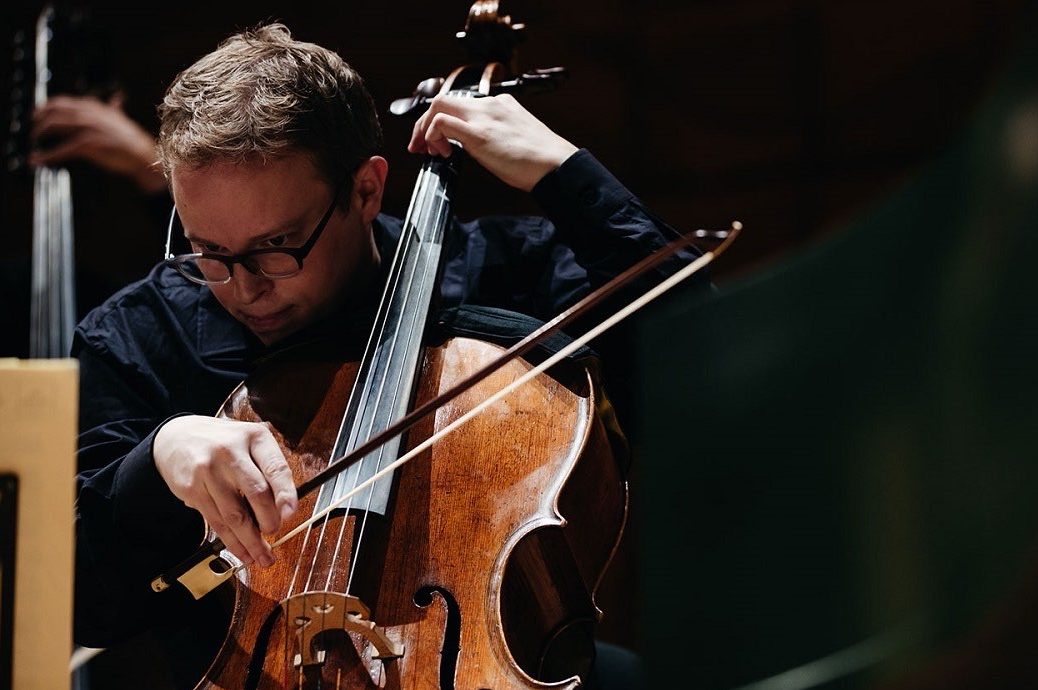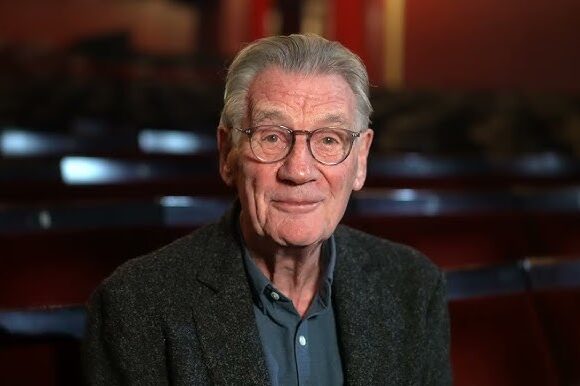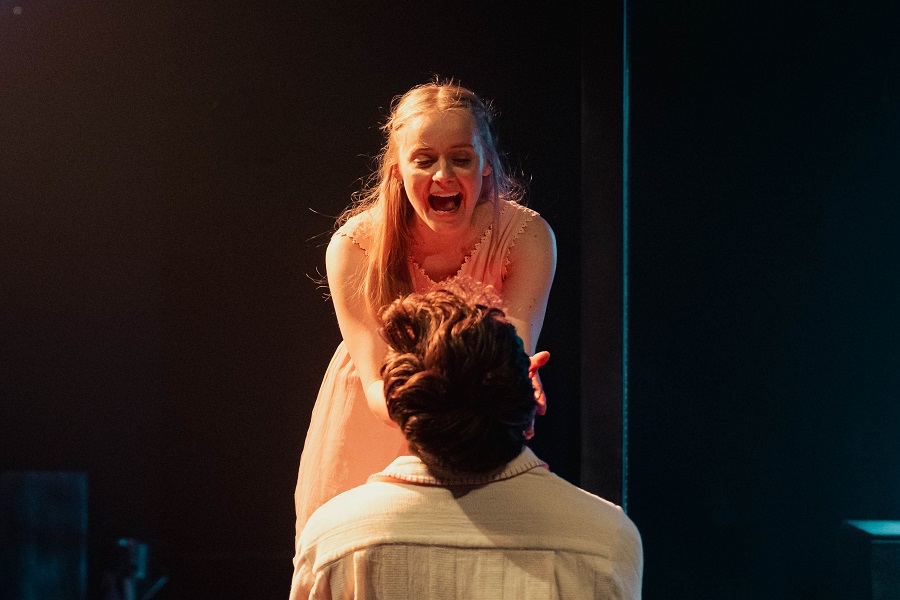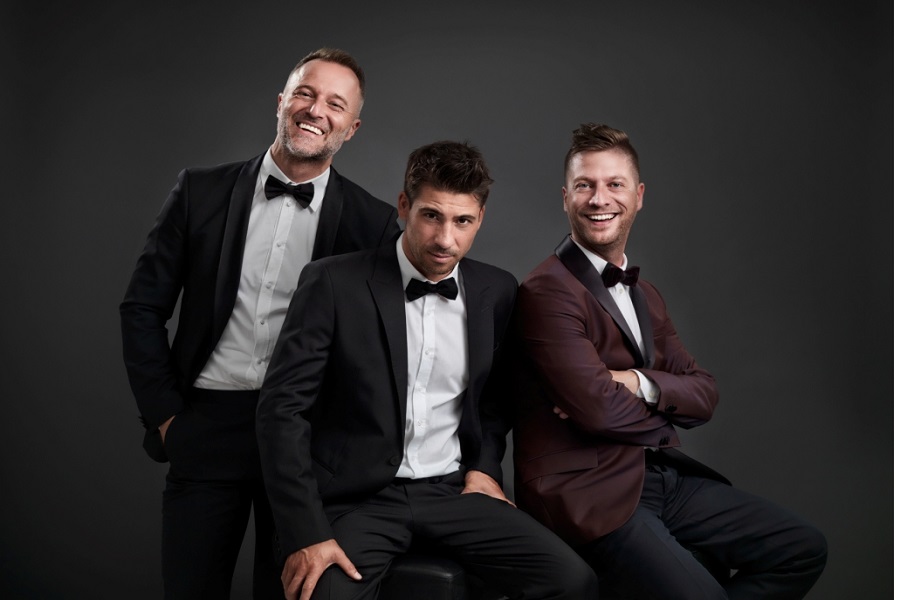
Music / “In The Shadow of War”, Selby & Friends. At Llewellyn Hall, August 22. Reviewed by LEN POWER.
WARTIME conflict and how it impacted on three composers was the theme for the Selby & Friends concert, “In the Shadow of War”.
Artistic director and pianist, Kathy Selby, was joined by Sophie Rowell on violin and Timo-Veikko Valve on cello to play three works by Australia’s Matthew Hindson, Russia’s Dimitri Shostakovich and Austria’s Franz Schubert.
Hindson’s work, “1915”, composed in 2015, was motivated by the thought of how a young person living 100 years before might face the prospect of going to war. There has long been an impression that young Australian men in that era were keen to enlist for what seemed likely to be the patriotic and glorious adventure of a lifetime.
Hindson’s composition avoids any of the jingoism and focuses instead on the more personal thoughts of a soldier leaving behind his loved ones and the comforts of home tgo face the unknown. It’s a quietly powerful, melancholy and reflective work of great beauty. The trio of musicians gave it a performance of great sensitivity.
The second work, the “Piano Trio in E minor, Op. 67”, by Shostakovich, was composed in 1944 as World War II raged in Europe. The spectre of the world at war and the death of a close friend profoundly depressed Shostakovich at the time of composing the work.
From its haunting opening passage on the cello, the work is constantly changeable, creating a mood of emotional highs and lows. Almost alarming frenzied passages give way to sombre and quietly reflective moments, leading to the “Dance of Death” final movement with its Jewish-style melody. This challenging work was superbly played by the trio, bringing out all of the powerful emotion in the music.
Schubert was surrounded by the constant threat of war during the Napoleonic era. We may never know the true impact this had on him and whether his penchant for song grew from a desire to avoid any conflict and embrace love and beauty.
Franz Schubert’s “Piano Trio in E-flat Major, Op.100”, was one of the last compositions completed by Schubert in 1827. The delicate main theme of the second movement, based on a Swedish folk song, is instantly recognised from its use in many movies, including Kubrick’s “Barry Lyndon”. In their playing, the trio brought out all of the sensitivity and beauty underlying this great work.
An introduction to the works by each of the performers is always a feature of a Selby & Friends concert. It adds a welcome dimension to the works and creates a personal engagement between audience and performer.
Who can be trusted?
In a world of spin and confusion, there’s never been a more important time to support independent journalism in Canberra.
If you trust our work online and want to enforce the power of independent voices, I invite you to make a small contribution.
Every dollar of support is invested back into our journalism to help keep citynews.com.au strong and free.
Thank you,
Ian Meikle, editor



![Evie Hudson is a woman with amnesia, who forgets the last 13 years. Piecing her life back together, she navigates the harsh realities of coercive control.
Evie is the leading character in local author @emmagreyauthor's second novel Pictures of You.
Her debut book, The Last Love Note, sold more than 100,000 books worldwide within a few months of being published last year.
“I think that using amnesia really helped [show the effects of coercive control] because she had that sense of being completely lost in her own life,” Emma says of her new work of fiction.
To read the full story and find out more about this fabulous local author and her latest novel, visit our website at citynews.com.au or click the link in our bio! 📚✒️
#canberra #local #canberralocals #canberralife #australia #author #localauthor #Picturesofyou #coercivecontrolisabuse #dvawareness #bestsellingauthor #canberraauthor #localnews #citynews](https://citynews.com.au/wp-content/plugins/instagram-feed/img/placeholder.png)
Leave a Reply